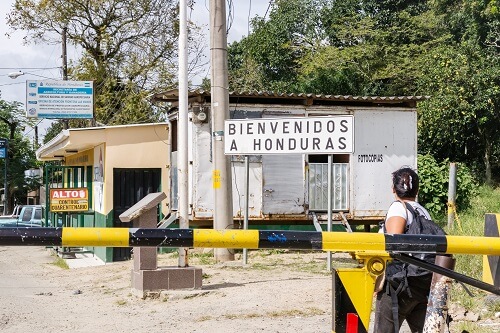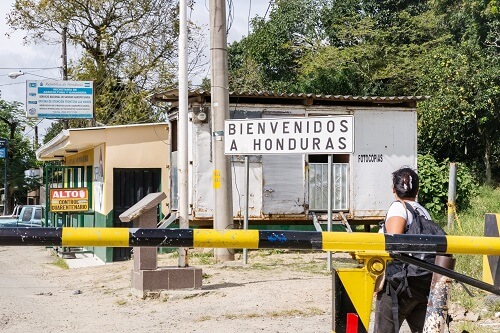Honduras regulator bans institutions from trading crypto

[ad_1]

Honduras’ banking regulator the National Banking and Securities Commission, or CNBS, has announced an immediate ban that prohibits institutions from trading crypto.
The banking regulator reached the resolution on Monday and cites fraud and money laundering among reasons for the move, Reuters reported.
Honduras’ National Banking and Securities Commission, or CNBS, has banned institutions under its regulatory purview from trading cryptocurrencies.
The banking regulator announced the measure this week, Reuters reported on Friday.
According to the report, the CNBS’ resolution came into effect immediately, with the Central American country citing use of virtual assets in fraud and money laundering as key risks and the reasons for the ban.
In this case, no institution supervised by the regulator can hold, intermediate, trade or invest in crypto tokens or such other unauthorized digital assets.
Crypto fraud and money laundering
While noting that there are multiple crypto platforms offering services in the country, Honduras does not regulate these entities. With most domiciled in various parts of the world, the Honduran law does not control their operations, and that there’s the risk of such companies facilitating fraud, money laundering and terrorism financing.
The regulatory watchdog reached the resolution to ban all institutions under its purview from crypto trading on Monday, February 12, Reuters noted. However, the move only became public on February 16.
The move comes amid a general strengthening of crypto regulation across the globe, with governments working with international bodies such as FATF to help streamline laws for the sector.
But notably, the Honduras Prospera zone – Próspera Zone for Employment and Economic Development (ZEDE) – officially recognized Bitcoin as a unit of account early this year. In July 2022, the group made of Blockchain Honduras, Coincaex crypto exchange and the Technological University of Honduras unveiled the “Bitcoin Valley ” in the Honduran municipality of Santa Lucia.
[ad_2]
Source link

